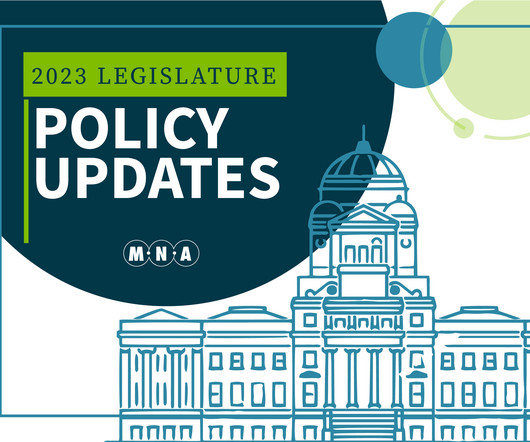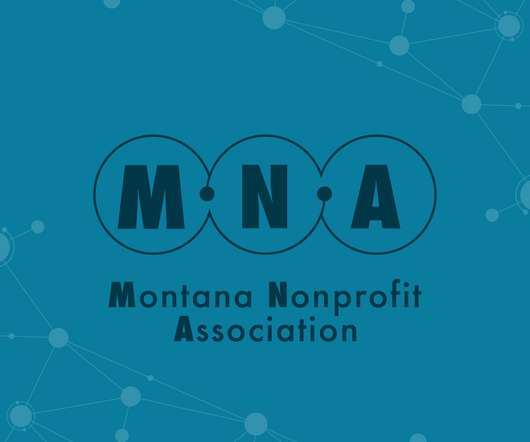2023 Legislative Session: A Recap
MNA Association
JUNE 12, 2023
To penalize nonprofits for carrying out their mission in a courtroom or a legislative hearing represents a misunderstanding of the nonprofit’s right and responsibility to associate, to petition government and to speak. Every success represents the power of association. It’s part of why we exist. Together we are a force for good!












Let's personalize your content